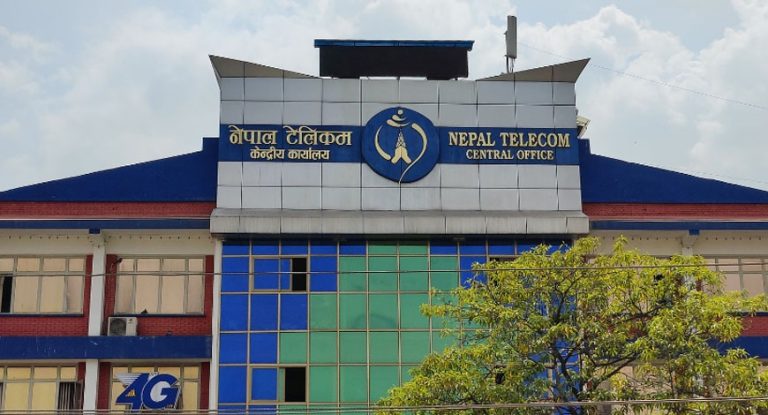The Commission for the Investigation of Abuse of Authority (CIAA) has filed corruption charges against 18 individuals, including top current and former executives of Nepal Telecom. The case involves alleged misconduct in the billing system procurement process, which reportedly caused significant financial losses to the state-owned company.
Among those charged are former Managing Director Sunil Poudel and the current Managing Director Sangeeta Pahadi, who served as Chief Business Officer at the time of the incident. Other senior officials named include former Chief Technical Officer Pratibha Shrestha and Financial Officer Rajendra Shrestha. The charges are centered around irregular billing related to GSM mobile services, fiber internet, leased lines, and both wireline and wireless services.
The CIAA claims the procurement of the billing system was handled in bad faith. According to spokesperson Rajendra Kumar Poudel, the process lacked transparency and was marked by collusion and misappropriation of public resources. A five-year contract for an integrated billing system is believed to have been signed with the intent to harm the financial interests of Nepal Telecom.
The CIAA is demanding a total restitution of NPR 334,817,430 from the accused. This includes compensation from the key officials mentioned and other personnel involved at various levels. The list of additional defendants includes then Chief Operating Officer Jhabindra Lal Upadhyay, then Director Binita Shrestha, Acting Director Amul Pradhan, Manager Devendra Khatiwada, Deputy Manager Rajiv Kumar KC, and employees Santosh Kumar Shrestha, Nawal Chaudhary, Mukti Prasad Aryal, Hemprabha Rampratap Karna, and Paramatma Bhattarai.
In addition to domestic officials, the CIAA has extended the lawsuit to three Chinese supplier companies and their local agents in Nepal. These companies are alleged to have worked in coordination with Nepal Telecom insiders to secure the contract under unfair terms, causing substantial losses to the public telecom corporation.
The Commission argues that the procurement and billing system operations were planned to benefit private parties at the expense of public interest. It accuses the parties involved of manipulating system requirements and ignoring legal protocols during the procurement process. These actions, according to the CIAA, directly resulted in financial losses that affected service quality and accountability within Nepal Telecom.
The Special Court will now decide the next steps, as the CIAA pushes for legal action that reflects the scale of the damages. This case is part of a broader effort by the Commission to tackle corruption in Nepal’s public sector, particularly in large government-run enterprises where oversight has often been weak.
Authorities emphasize that the goal is not only to recover lost funds but also to set a strong precedent. The CIAA aims to show that high-ranking officials and corporate partners will be held accountable for undermining public trust and financial transparency.
This high-profile billing fraud case has reignited public debate on corporate governance and corruption in state-owned enterprises. As the legal process unfolds, attention will remain fixed on how the justice system handles what could be one of the largest telecom-related corruption scandals in Nepal’s recent history.


